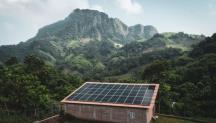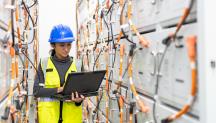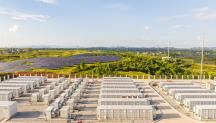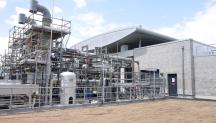
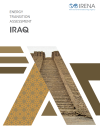
-
-
IRENA (2025), Energy transition assessment: Iraq, International Renewable Energy Agency, Abu Dhabi.
Copied
https://www.irena.org/-/media/Files/IRENA/Agency/Publication/2025/Jul/IRENA_COU_Energy_transition_assessment_Iraq_2025.pdf
Copied
Energy transition assessment: Iraq
Newsletter
Iraq possesses vast renewable energy potential, yet the country’s energy sector faces major challenges. This energy transition assessment evaluates Iraq’s current energy landscape, highlighting the barriers to renewable energy adoption and outlining key recommendations for a sustainable energy transition. Despite abundant solar and wind resources, renewables meet less than 2% of Iraq’s energy supply, with fossil fuels still dominating the mix. Addressing this imbalance is essential to achieving long-term energy security, economic stability and environmental sustainability.
This assessment, developed by IRENA in collaboration with the Government of the Republic of Iraq’s Ministries of Oil and Electricity, and Kurdistan Regional Government, identifies urgent policy and regulatory reforms, infrastructure upgrades and financial mechanisms required to accelerate Iraq’s clean energy transition. Iraq must establish clear renewable energy targets, modernise its grid, and create an enabling investment climate to attract local and international stakeholders.
By implementing these recommendations, Iraq has the potential to become a regional leader in renewable energy. Large-scale solar and wind projects, combined with institutional reforms and strategic financing, can drive the country toward energy independence while mitigating climate risks. The findings of this assessment therefore serve as a call to action for policymakers, investors and industry leaders to unlock Iraq’s renewable energy potential and shape a more sustainable future for the country and its people.
